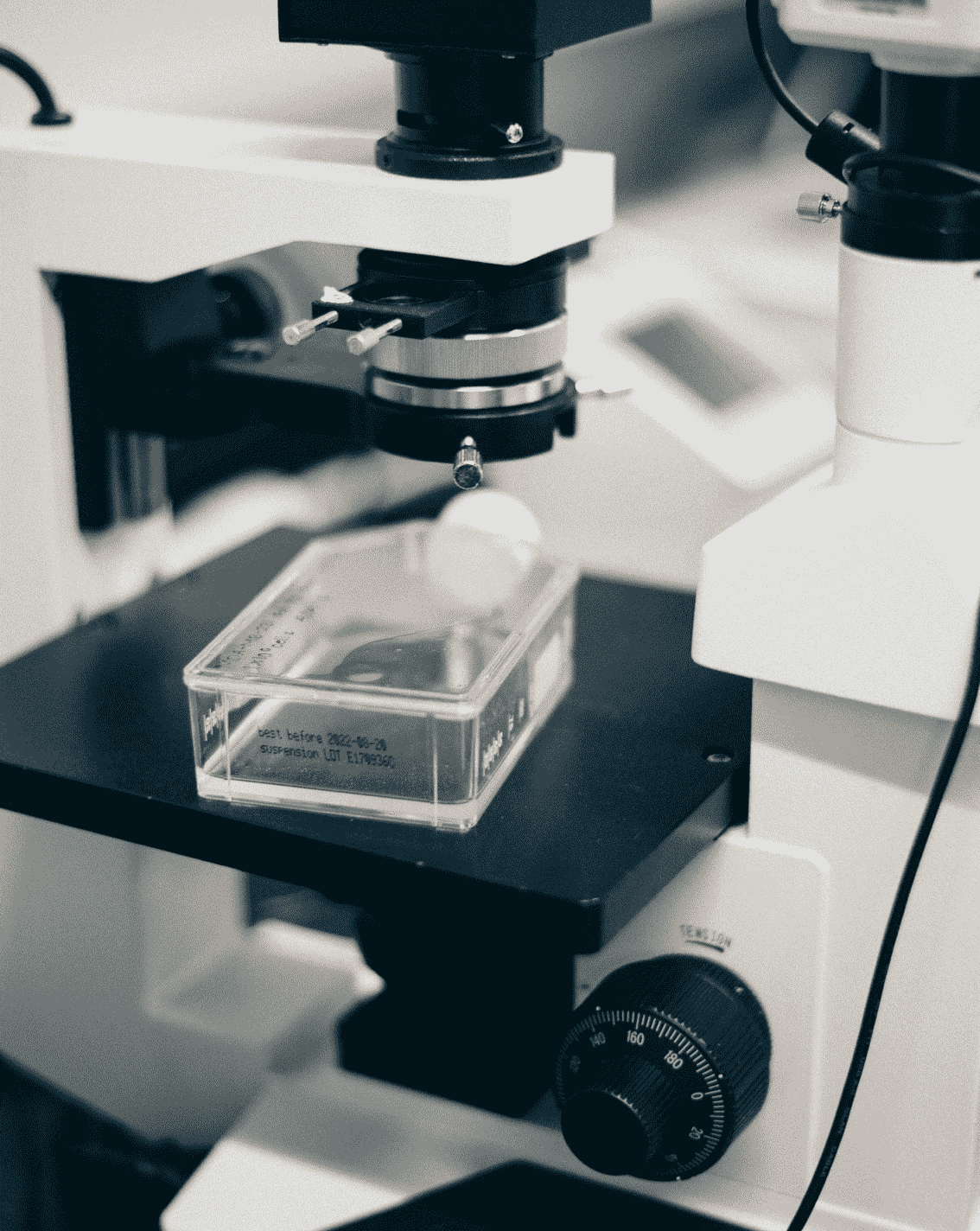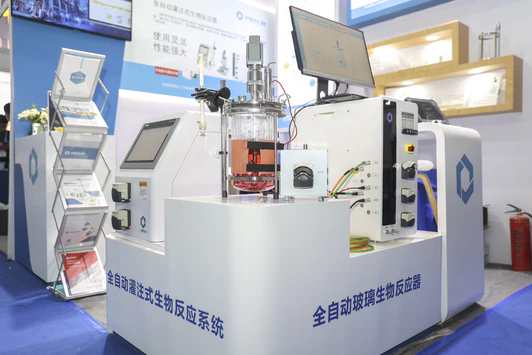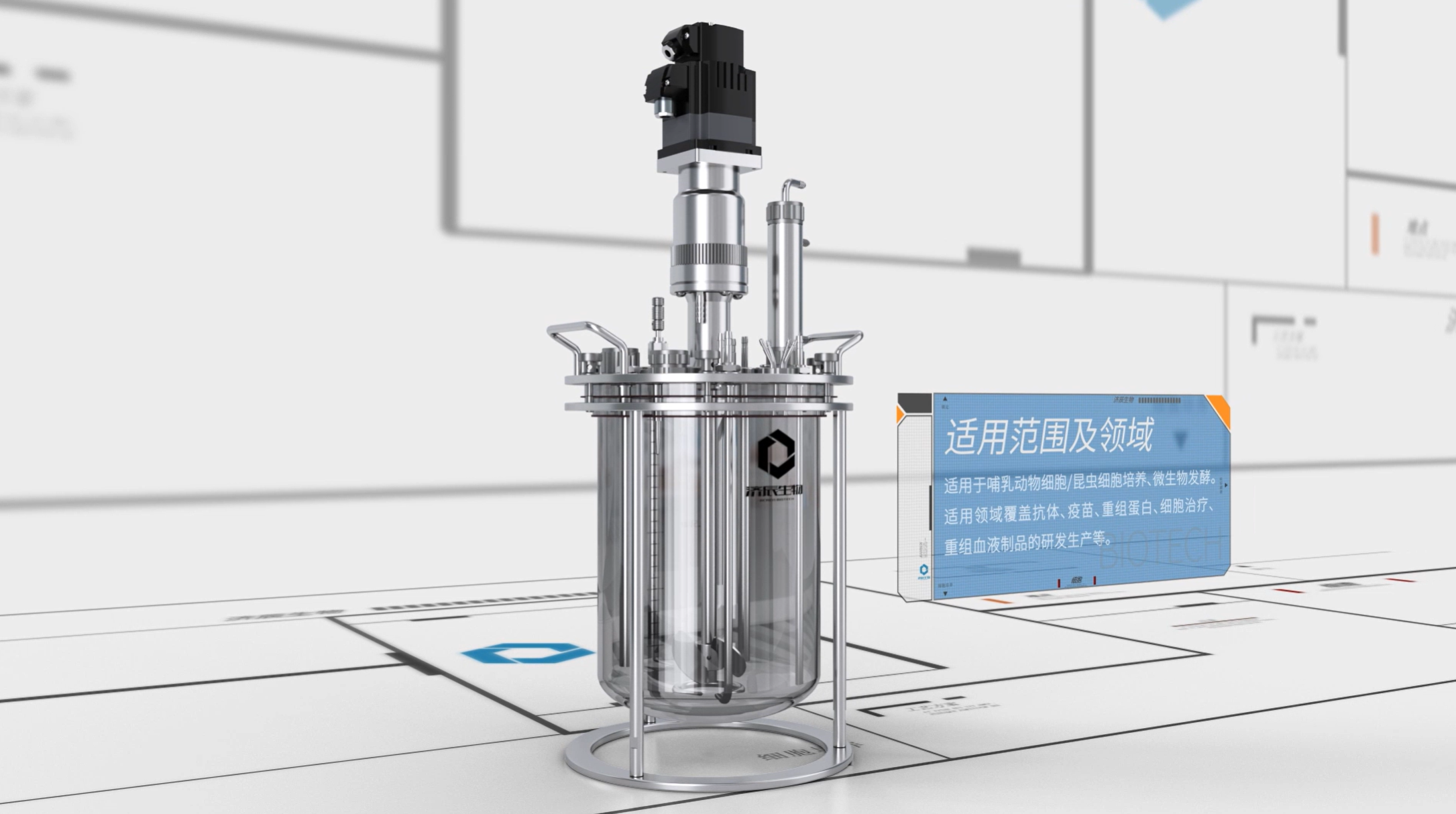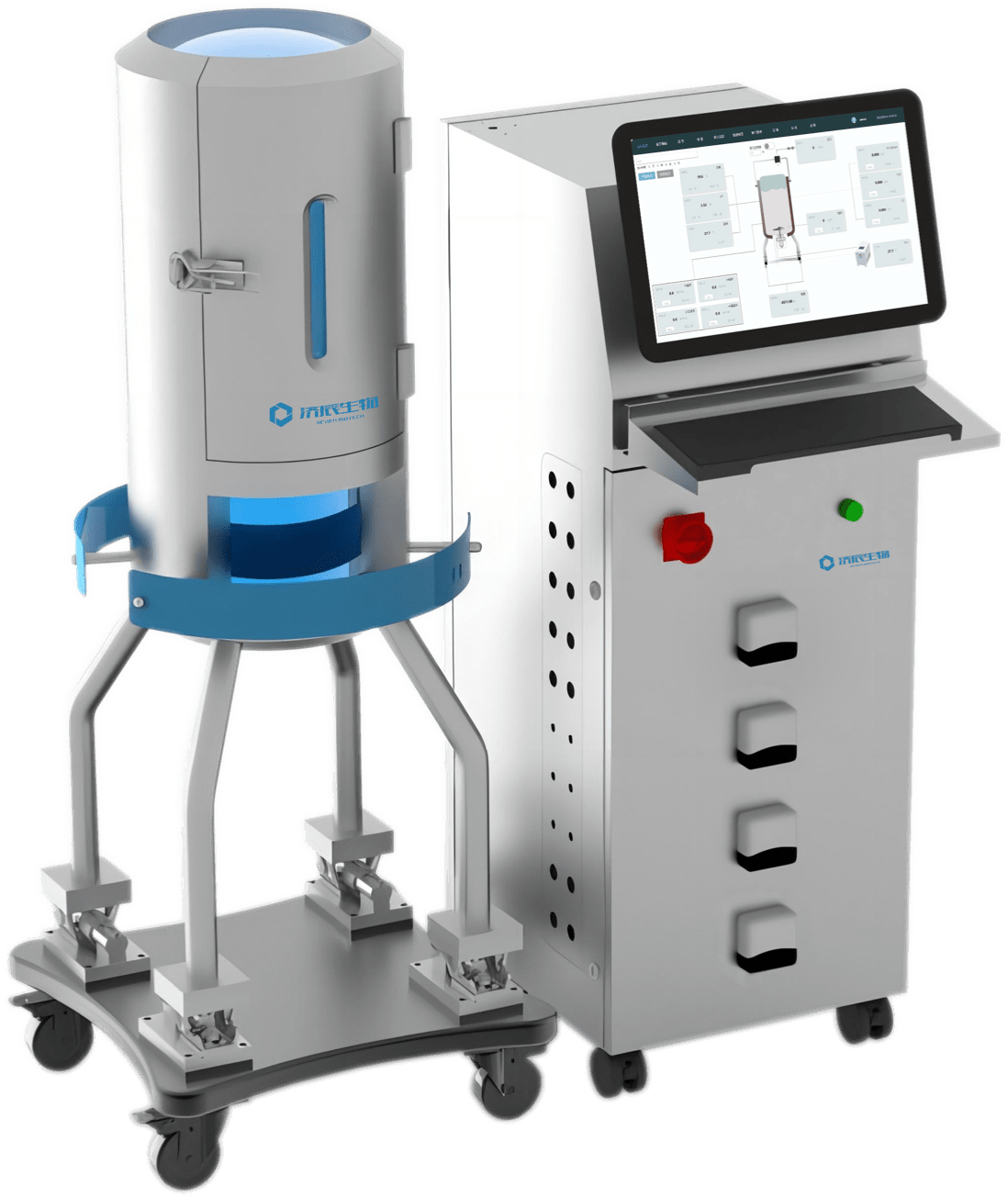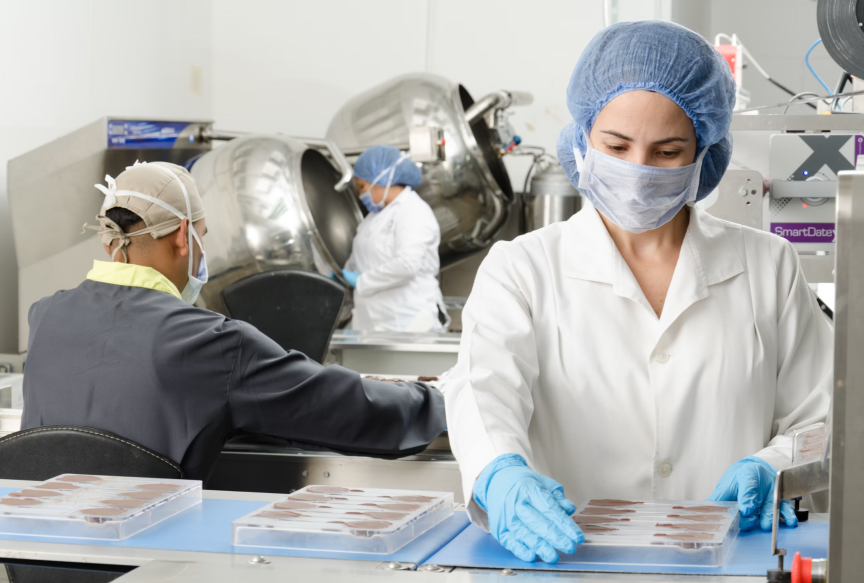Fermentation system has a pivotal position in the biopharmaceutical industry, and its design principles are of great significance for improving production efficiency, reducing costs, and ensuring product quality. In this paper, we will discuss the principles of fermentation system design in the biopharmaceutical industry from the basic principles of fermentation system to provide useful reference for industry practitioners.
The biopharmaceutical industry is an important part of China's strategic emerging industries, and the fermentation technology, as the core process of the biopharmaceuticals, is widely used in the production of antibiotics, vaccines, enzymes and other products. The design of fermentation system directly affects the yield, quality and cost of products. Therefore, it is of great significance to explore the principles of fermentation system design for the biopharmaceutical industry.
Fundamentals of fermentation system
Fermentation system is the process of converting raw materials into target products by microorganisms under suitable conditions. The basic principles include:
Growth of microorganisms: microorganisms multiply and grow under suitable conditions of temperature, pH, and dissolved oxygen.
Metabolite production: microorganisms produce target products through metabolism during growth.
Nutrient supply: in order to meet the growth and metabolic needs of microorganisms, it is necessary to provide the appropriate amount of carbon, nitrogen, inorganic salts and other nutrients.
Control of environmental conditions: create a favorable growth environment for microorganisms by adjusting parameters such as temperature, pH, dissolved oxygen, and stirring speed.
Principles of fermentation system design
Principles of versatility
The design of fermentation system should be versatile in order to meet the needs of production of different products. Universality is mainly reflected in the following aspects:
(1) equipment selection: select fermentation equipment suitable for a variety of products, such as general-purpose fermentation tanks, stirring systems and so on.
(2) Process flow: design a flexible process flow for easy adjustment and optimization.
(3) Control system: adopting modular and programmable control system to realize the production requirements of different products.
Safety principles
The design of the fermentation system should give full consideration to safety to ensure that the production process is stable and reliable. Safety principles include:
(1) Equipment material: choose corrosion-resistant, high-strength, non-toxic materials to ensure safe operation of the equipment.
(2) Structural design: Avoid sharp, raised and other structures that are easy to cause accidents to ensure the safety of operators.
(3) Alarm system: set up a perfect alarm system to detect and deal with potential safety hazards in time.
Principle of high efficiency
Fermentation system design should pursue high efficiency and improve productivity. The principle of high efficiency includes:
(1) Mass and heat transfer: optimize the mass and heat transfer performance of the fermenter to improve the growth rate of the bacteria and the product yield.
(2) Stirring system: rationally design the stirring system to improve oxygen transfer efficiency and reduce energy consumption.
(3) Automatic control: adopt advanced automatic control technology to realize precise control of fermentation process.
Principle of reliability
The fermentation system design should ensure the reliability of the equipment and reduce the failure rate. The principle of reliability includes:
(1) Equipment selection: choose equipment with stable quality and reliable performance.
(2) Component Configuration: Reasonable configuration of key components to improve the overall performance of the equipment.
(3) Maintenance: formulate a perfect maintenance system to ensure the long-term stable operation of the equipment.
Principle of economy
The design of the fermentation system should be designed to meet the premise of the production demand, with full consideration of economy. The principle of economy includes:
(1) Investment cost: reasonable control of equipment investment to reduce production costs.
(2) Operating costs: optimize the process, reduce energy consumption and material consumption.
(3) Floor space: rational planning of equipment layout, improve land utilization.
The fermentation system design principles are of great significance to the biopharmaceutical industry. By exploring the principles of versatility, safety, efficiency, reliability and economy, this paper provides a useful reference for the design of fermentation systems in the biopharmaceutical industry. In the actual production process, enterprises should flexibly utilize these principles according to their own needs to continuously improve the design level of fermentation systems and contribute to the development of China's biopharmaceutical industry.
